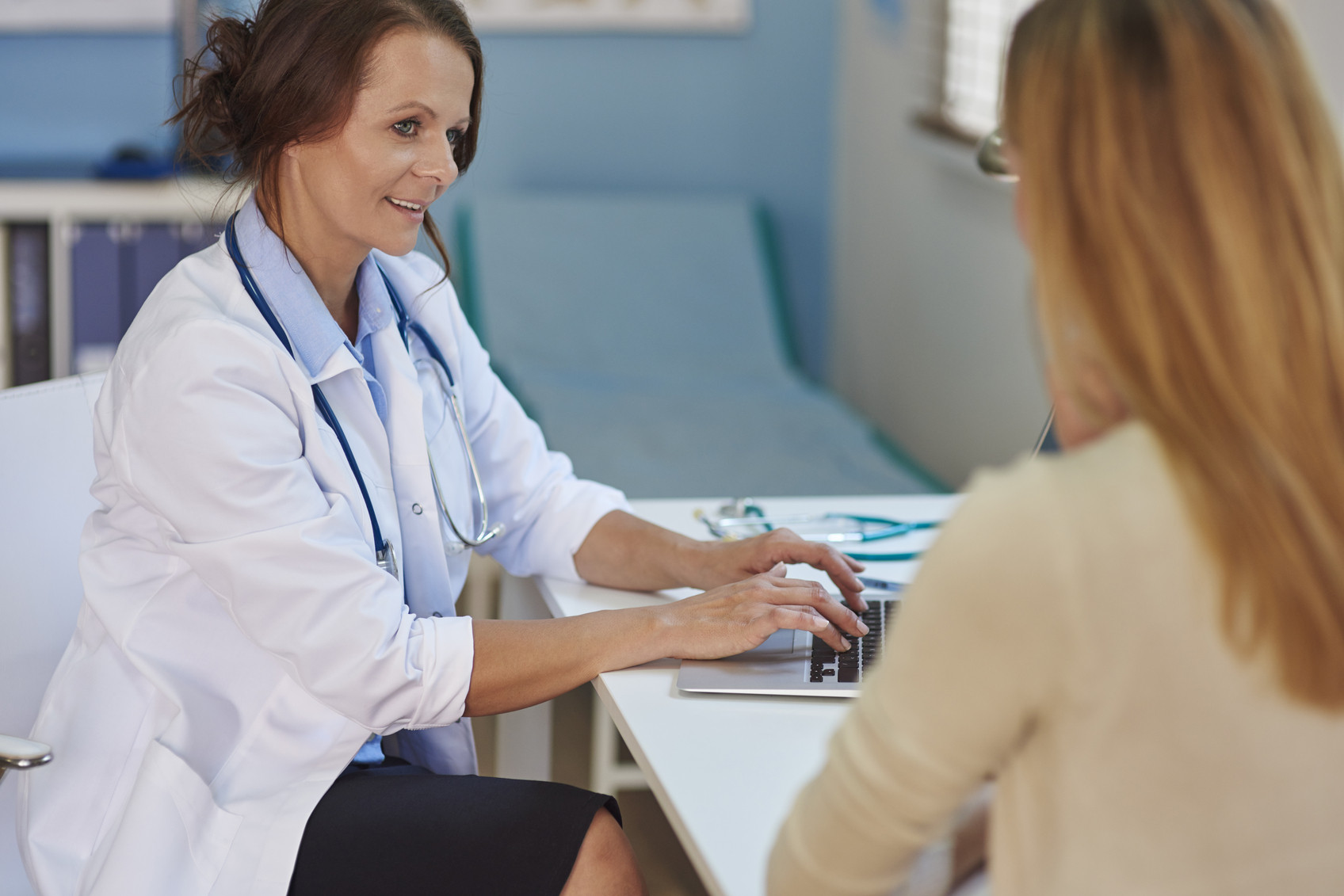
Respiratory health harms often follow flooding: Taking these steps can help

Tips to leverage neuroplasticity to maintain cognitive fitness as you age

Can white noise really help you sleep better?

Celiac disease: Exploring four myths

What is prostatitis and how is it treated?

What is Cushing syndrome?

Exercises to relieve joint pain

Think your child has ADHD? What your pediatrician can do

Foam roller: Could you benefit from this massage tool?

Stepping up activity if winter slowed you down
Healthcare Archive
Articles
Tips for success when your kids are on your health care team
Be upfront about your needs, and set your own ground rules.
Image: © SelectStock/Getty Images
Allowing your kids to be involved in your health care can have many benefits. The arrangement provides advocates who can help you follow your treatment plan, talk to your doctors, and maybe even make appointments and take you to them. As an added bonus, you get to spend more time with your adult children.
But the arrangement isn't always easy. "There's a tendency for roles to reverse. The child becomes the parent. The parent may not be comfortable with that. Or the parent doesn't want to burden the child, and lets health issues go until they're too far gone," says Dr. Suzanne Salamon, associate chief of gerontology at Harvard-affiliated Beth Israel Deaconess Medical Center. Consider the following tips to navigate the relationship.
Do urgent care clinics overprescribe antibiotics?
News briefs
Image: © AlexRaths/Getty Images
Urgent care clinics are convenient when you don't feel well and can't see your doctor right away. But a study published online July 16, 2018, by JAMA Internal Medicine found that people who go to such clinics may be more likely to be given prescriptions for unnecessary antibiotics. Researchers analyzed 156 million insurance claims from 2014 and found that 46% of people treated at urgent care centers for viral conditions — like a bad cold, the flu, or viral bronchitis — were prescribed antibiotics. The problem: antibiotics kill only bacteria, not viruses. The study underscores the need to ask health care workers if you have a viral or a bacterial condition before you take antibiotics.
Pay less for heart drugs without using insurance?
Research we're watching
Image: © Gligatron/Getty Images
Do you take generic drugs to lower your blood pressure or cholesterol? You may save money by paying out of pocket at Walmart instead of a paying a Medicare prescription copay, according to an analysis in the July 24 Annals of Internal Medicine.
Walmart (and a number of other large chain stores) offer generic drug discount plans; they sell 30-day supplies of popular generic drugs for $4.
An insider's guide to a hospital stay
No one wants to be have to go to a hospital, but there are times when it's unavoidable. Having some advance knowledge about the hospital experience may help you feel more comfortable in the event you or someone you know has to go to the ER or be admitted.
7 reasons why you may need a medication check-up
New medications and side effects warrant an evaluation.
Image: © Paul Bradbury/Getty Images
A medication regimen isn't something you can set and forget. You and your doctor need to keep tabs on what you're taking and how it's affecting your health. "We are required to do a medication 'check-up' at every visit, regardless of the specialty, which means that every clinician who sees you is supposed to review your medications and check off a box," says geriatrician Dr. Suzanne Salamon, an assistant professor at Harvard Medical School.
Sometimes things change between visits, and adjustments need to be made. It's up to you to schedule an appointment. Here are seven reasons why that may need to happen.

Respiratory health harms often follow flooding: Taking these steps can help

Tips to leverage neuroplasticity to maintain cognitive fitness as you age

Can white noise really help you sleep better?

Celiac disease: Exploring four myths

What is prostatitis and how is it treated?

What is Cushing syndrome?

Exercises to relieve joint pain

Think your child has ADHD? What your pediatrician can do

Foam roller: Could you benefit from this massage tool?

Stepping up activity if winter slowed you down
Free Healthbeat Signup
Get the latest in health news delivered to your inbox!
Sign Up











